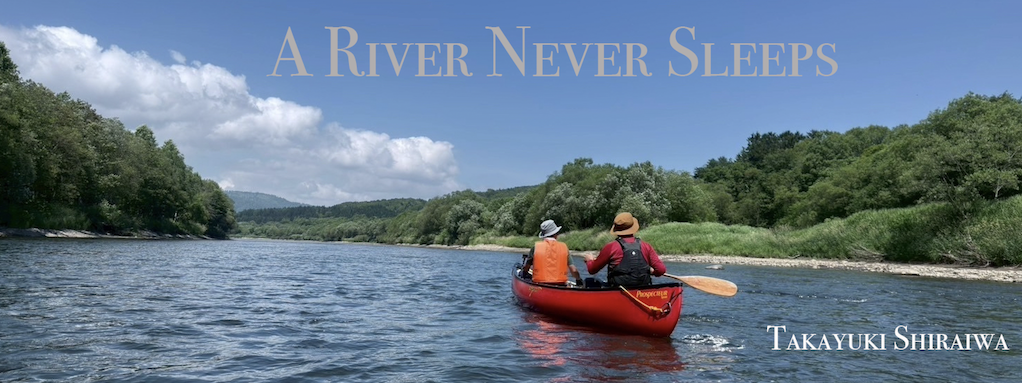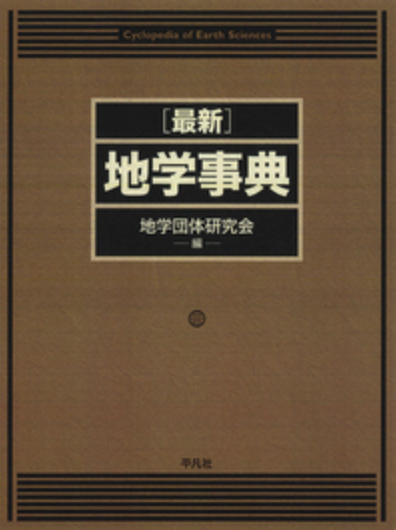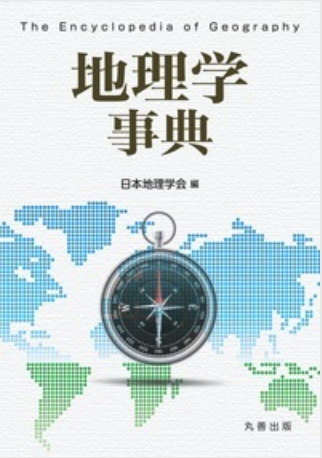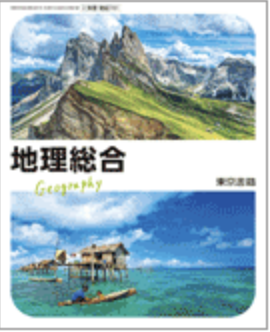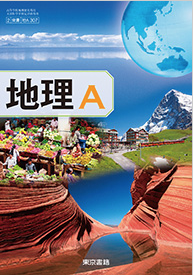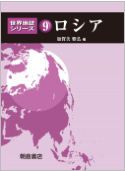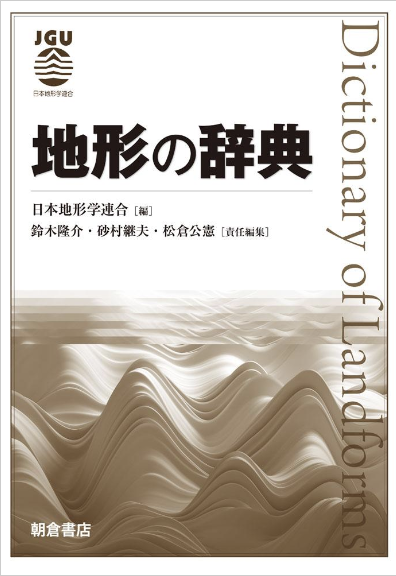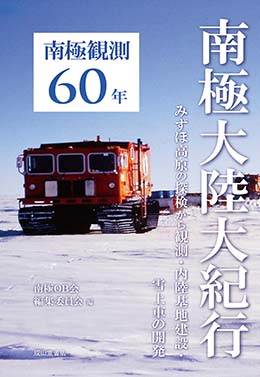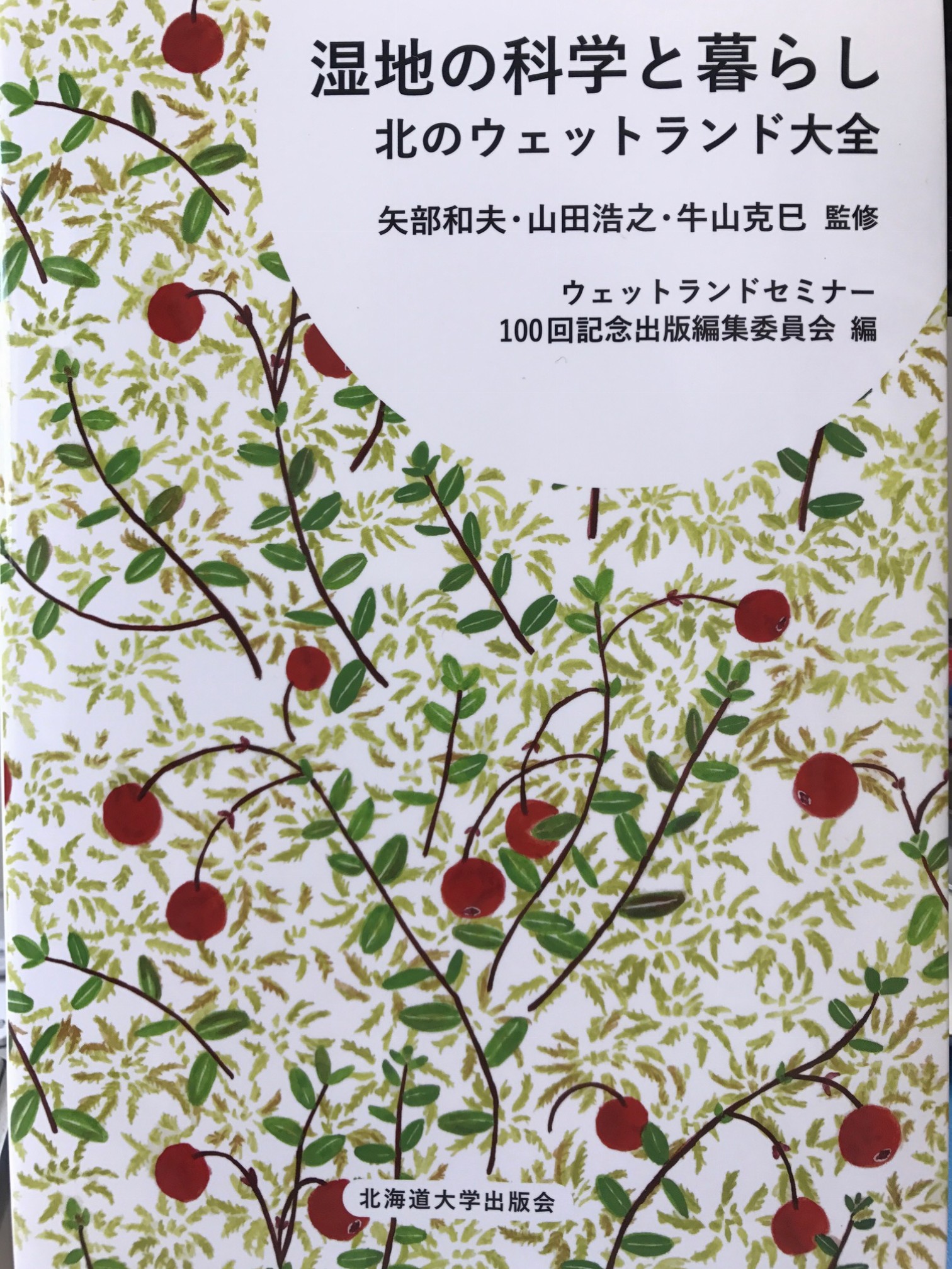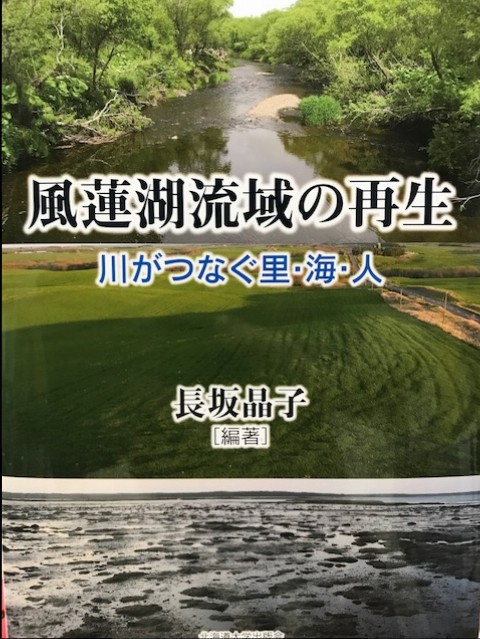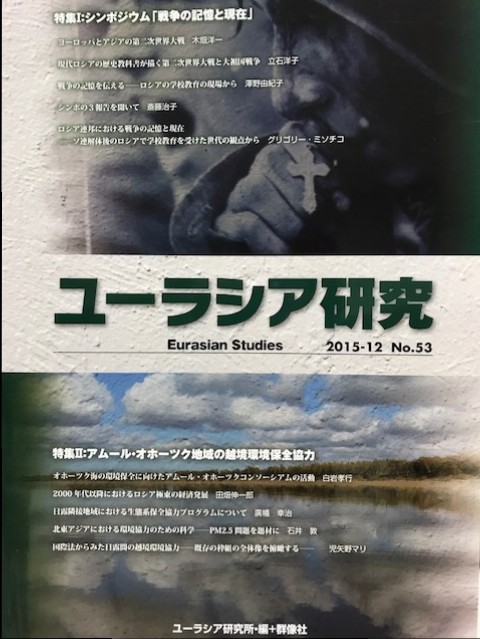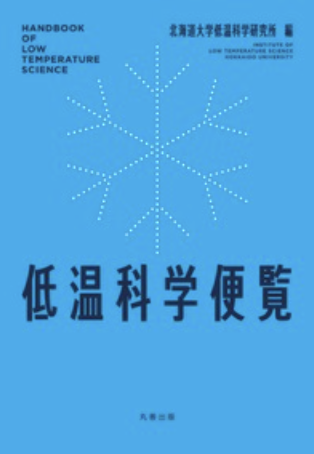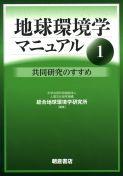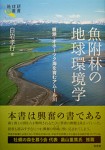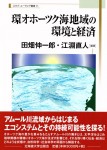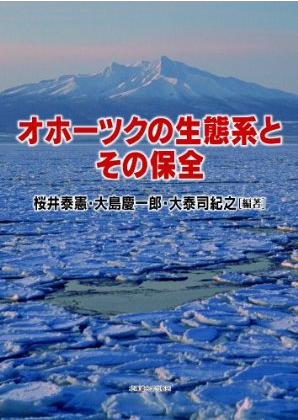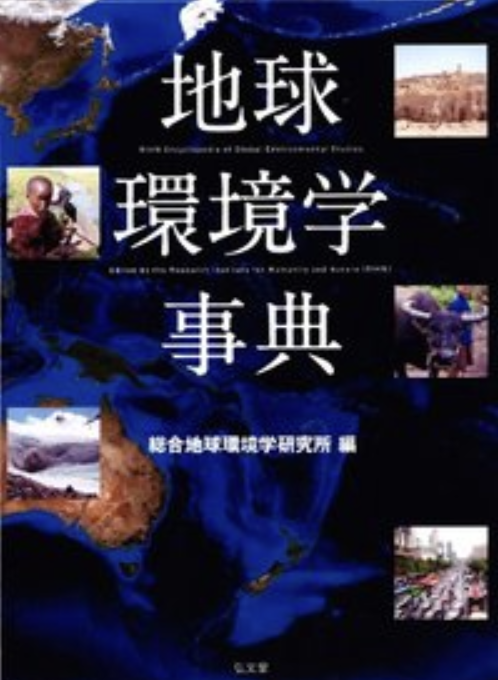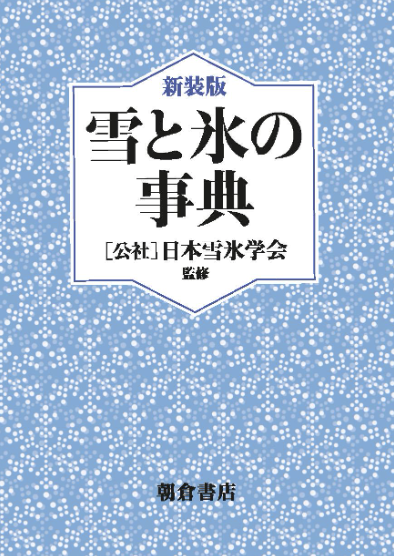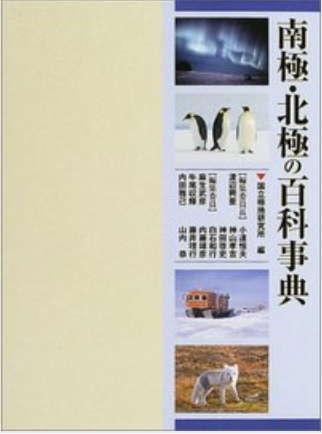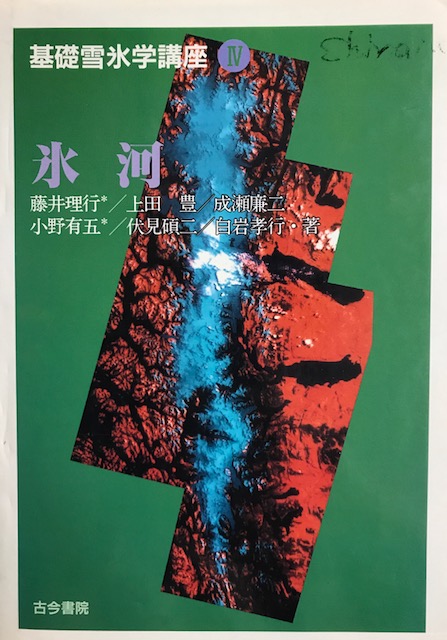1
10月 12
THE AMUR RIVER RESEARCH CRUISE 2012

9月25日から9月30日の6日間、アムール・オホーツクコンソーシアムの主催で、日中露モ四カ国の研究者による標記の研究航行がアムール川で実施されました。以下、6日間の船上会議を経てとりまとめられた共同声明です。本日、ロシア科学アカデミー極東支部 水・生態学研究所にて記者会見を行い、発表します。
OF THE AMUR OKHOTSK CONSORTIUM 2012 JOINT SYMPOSIUM
The Amur River Basin has rich and varied natural resources, which could provide the sustainable development of the significant part of the Northeast Asia. This area has also an important environmental value for our planet. Natural landscapes, biodiversity and cultural diversity of the Amur basin are unique and of global significance. Their conservation and sustainable development are long-term goal of all states in this region.
Climate change and human activities inevitably affect natural conditions of Amur River. They demand continuous research, monitoring and control from the governmental authorities, scientific and public communities.
Comprehensive studies on hydrological, geochemical and ecological problems of the Amur Basin have been carried out and important scientific results have been obtained in Mongolia, China, Russia and Japan. The research results have significantly improved our knowledge on modern state and dynamics of regional water resources. Important measures are taken to prevent Amur water pollution, which have already substantially improved water quality.
The following findings were reported and discussed:
1) Impacts of large hydropower facilities and ice conditions on Amur water quality and bank erosion;
2) Ecological improvement and water purification efforts by restoration of riparian wetland along rivers;
3) Influence of climate change, floods and irrigation on iron flux in water ecosystems;
4) Comparative analysis of hydrological processes in Asian big rivers.
Some data and estimates obtained in the various countries have discrepancies or even contradict. Namely, discussions revealed some discrepancy of hydrochemical research data and estimates. To overcome this problem further studies and collaboration of national authorities, scientific and public organization should be strengthened.
Symposium participants think necessary the comparison of water quality criteria, applied in different countries, as well as relevant data and information exchange. They propose to 1) compile the list of observation stations and scheme of official monitoring network on the Amur Basin rivers; and 2) trace dissolved and suspended material from the headwater to the estuary (Amur Liman).
Symposium participants introduced new scientific problems, which need collaborative efforts of scientists and specialists from various countries, and stress the urgency to deepen cooperation with environmental NGOs to conserve geo- and biodiversity in the Amur Basin.
We confirmed that in order to realize and strengthen the statement mentioned above, the Amur-Okhotsk Consortium would hold the 3rd International meeting at Vladivostok in 2013 with the support of Pacific Geographical Institute, Far Eastern Branch of the Russian Academy of Sciences.
October 1, 2012
Participants to the 2012 Joint Research Cruise in the Amur River organized by the Institute of Water and Ecological Problems, FEBRAS, and the Amur-Okhotsk Consortium
